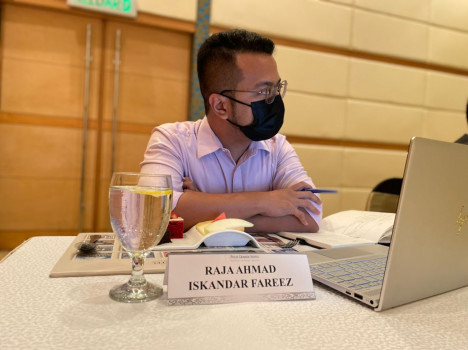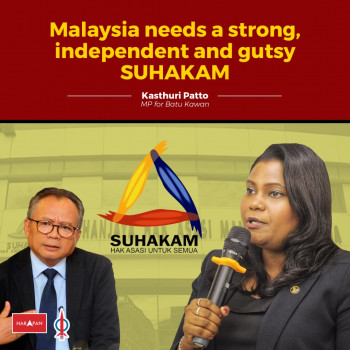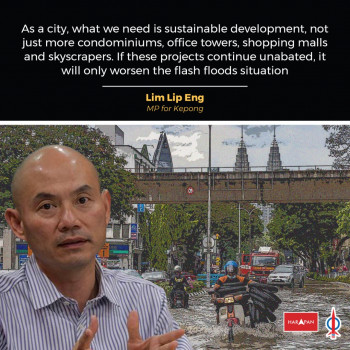by Lim Mun Fah
The deadly clashes in Sabah after the intrusion of a Sulu army took place at the most sensitive period when the country is counting down to the general election. Inevitably, it has triggered all kinds of speculation while showing us how some netizens simply comment and criticise in this Internet age.
Many people do not know the history of Sabah and have no idea about the gunmen claiming to be the Royal Army of the Sulu Sultanate, let alone the army’s historical grievances with the Brunei Sultanate, Spain and the British colonial government. They just simply commented and criticised.
Of course, it is now a democratic era and no one can stop netizens from commenting on the issue. However, remarks made with a lack of basic historical knowledge and international perspective will easily tend to be superficial and turn out as a tool to vent emotions.
Therefore, when the government negotiated with the Sulu army, some questioned why the government did not just open fire and annihilate them; and after an outbreak of clashes, some people wondered why the police force, not the military, was deployed. Some ridiculed when they heard that a few policemen were killed and some even related the issue to a conspiracy theory and questioned why we do not just give it back since it is other people’s territory.
Frankly speaking, not all netizens have commented pointlessly. Many people would like to know the answers to some questions and the government needs to clarify them as soon as possible. However, we should always remember a non-negotiable principle, that is, Sabah is part of Malaysia, and territory and sovereignty are sacred and inviolable.
The Sulu Sultanate is a collapsed administration and is now only part of the Philippines. As for Sabah, it has joined Sarawak and Malaya, also Singapore at that time, to form Malaysia, with the recognition of the United Nations. The Philippines has also given up its territorial claim based on this unalterable fact.
History is not a black-and-white picture. In fact, all countries today are result of historical agreements, despite some agreements being unfair. There are only about 200 countries in the world today; if countries are formed based on religion and language (there are about 8,000 languages in the world), it would be an unimaginable chaotic scene. Therefore, the problem to be resolved is not whether more independent countries should be built based on religion or language, but whether the existing countries can respect and be fair to every one of their citizens, regardless of race, religion and language.
The Lahad Datu standoff is undoubtedly a great challenge to the government’s crisis management capabilities. The quality of any decisions and actions of the government could bring impact to the next general election. Regardless of the election results, the Sabah state government and the federal government must face up to the Sulu Sultanate’s threats in the future.
How are they going to prevent the Sulu army from intruding Sabah again? How are they going to solve the bitter fruit of illegal immigrant issue (According to the Philippine media, at least 8,500 Filipinos are staying in Sabah.)? The people will continue to feel ill until the two time-bombs are dismantled!
________________________________________
This article first appeared on mysinchew.com and the opinion expressed is the personal opinion of the columnist.



